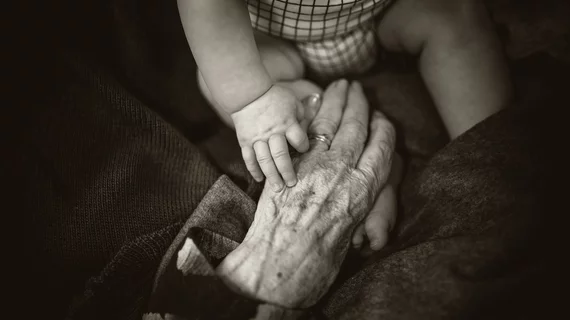Researchers have demonstrated two deep learning tools aimed at uncovering the psychology of aging. One tool predicts actual chronological age; the other, a person’s subjective perception of the rate at which he or she is aging.
The researchers, led by AI developers at Hong Kong-based Deep Longevity Inc., also show both tools can predict all-cause mortality risk.
They present their work in a paper published in Aging.
Deep Longevity founder Alex Zhavoronkov, PhD, and colleagues used a deep neural network to classify biomarkers of aging as revealed by behaviors described in responses to biosocial and psychosocial questionnaires.
Their work falls within the field of “aging clock” development, which seeks to understand the human aging process based on quantifiable biomarkers.
For this reason, the researchers refer to their two new AI tools as “deep aging clocks.”
In a news release sent by the company, Zhavoronkov says the demonstration marks the first time that AI has shown it can “predict human psychological and subjective age and help identify the possible interventions that can be applied in order to help people feel and behave younger.”

